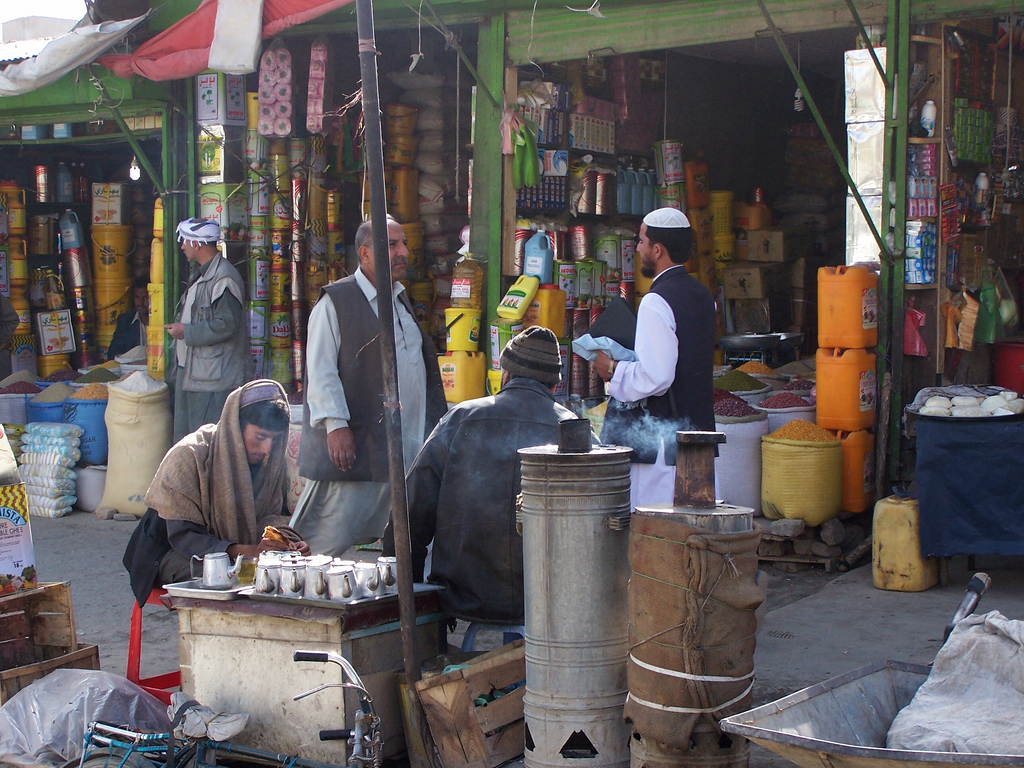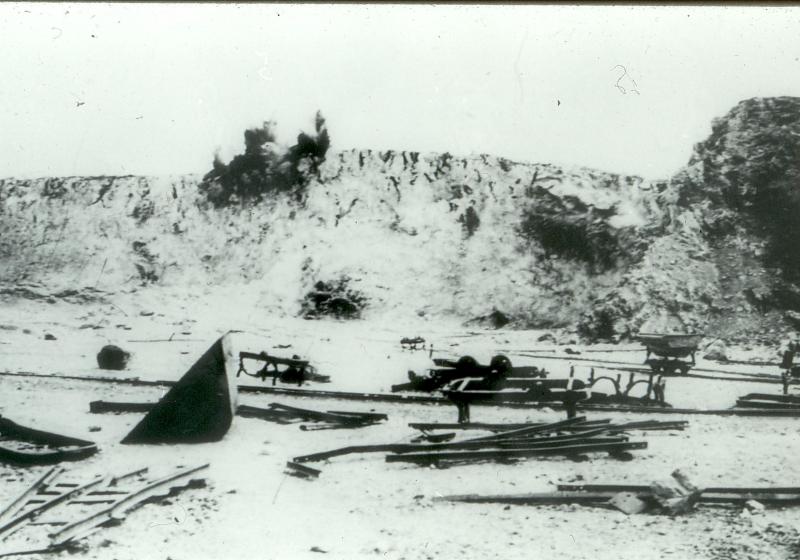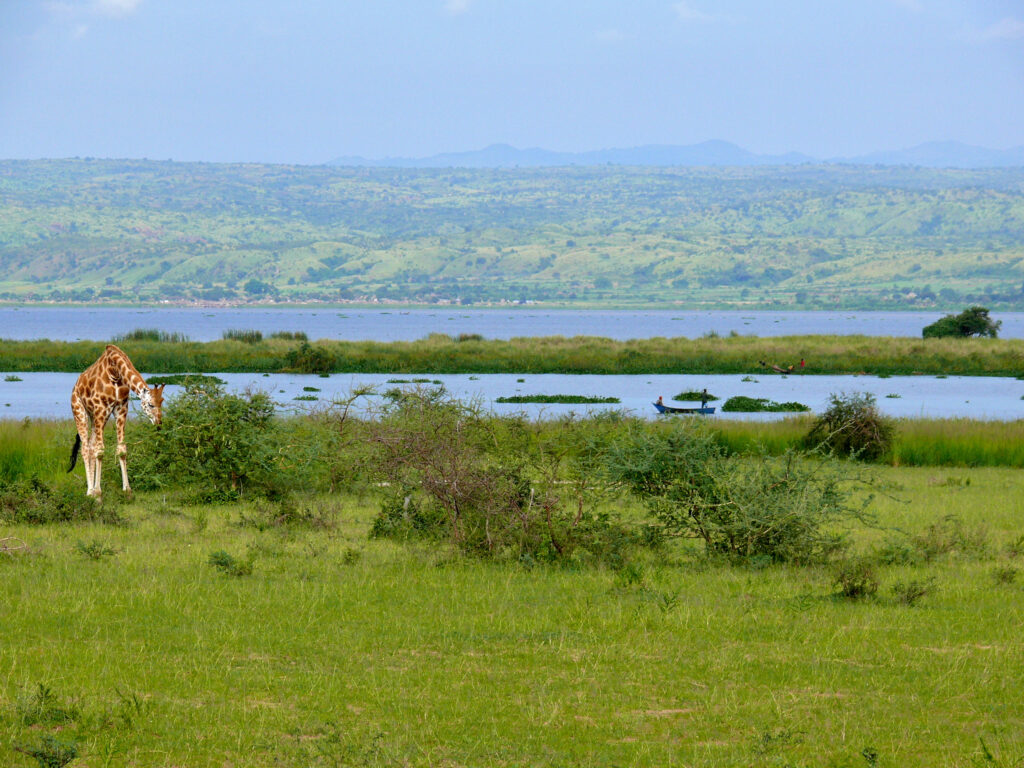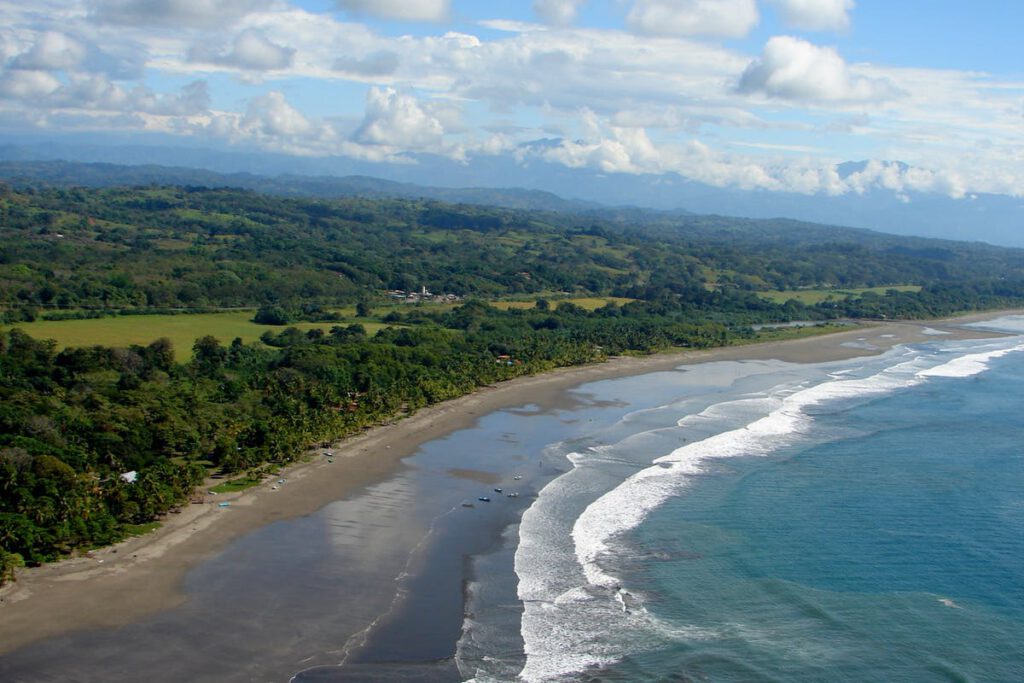Come September 11, 2021, by presidential decree, the last troops of a Western alliance will strike their regimental colors, stow their gear and board massive transports for rear bases in Europe, the Middle East, and North America. They leave behind razor-wire perimeters, bunkers, the tangled wreckage of warfare, frightened collaborators, and trauma as far as blood-shot eyes can see.
When last in Kabul to research a story*, I went out in the evening through the bazaar to meet an acquaintance, walking by streetside eateries with lamb roasting on spits, naan roti stacked at the ready. A car rolled up in the busy street and an Afghan stranger shouted that I should get in the vehicle immediately. Taking a great gamble, of a kind my family dreads most, I complied as he pulled away into traffic while berating me for walking so naively through a city of intrigue and nasty surprises.

I took full advantage of his kindness, though, to elicit his views on the bloody horns of his country’s dilemmas. He hardly knew where to begin, he said. Fear, suspicion, and grief pressed on every side. He walked me through the rubble of his own circumstances: an entire family of collateral damage, fields and orchards sown with mines, warlord excesses, shameless graft, bloodletting at bus stops, ethnic enmity. Arrived at my destination, he concluded this jeremiad by saying, ‘At least let the guns be silent. We will make our peace with the strictures of Taliban rule if it means we can walk the bazaar without fear and our children survive to adulthood.’ He refused with broad smile my offer of compensation as we took leave with ‘Shukrias’ and ‘Salaams’. At least the ancient virtue of hospitality to strangers in these mountains remains intact, it occurred to me.
All too soon, my days in Kabul at an end, I found myself jetting away to stops in India and beyond. I couldn’t help but muse about a popular saying in rugged country such as this, “We have no friends but the mountains.” The latest chapter in that enduring book of wisdom will be written come September.
*The author’s account of a remarkable peacemaker, Dan ‘Dantri’ Terry, holding out midst Afghanistan’s appalling struggles is available on line. See



I love how you see ‘people’ – humanity. So much suffering and pain – you also find Joy.
Jonathan, Dan Terry has been very much in my heart these days as the Gordian Knot of Afghanistan seems to now have another twist in it with Biden’s announcement, and we, the US, walk away from another heart breaking bloody misadventure. While it has cost us in US lives and treasure, our costs are paltry next to those of the people of Afghanistan…thank you for this reflection,
As always any reflection by Jonathan is profound and thought provoking. Thanks! Frances Boston
Wow, Jonathan, the places you’ve been, the people connections you have, some at some risk, and the gift of sharing them with others. Thank you.
Jonathan, You saw it all coming, but surely others did too. How could the US withdraw with any guarantees. England & Russia could have told us it would come to this?
It is a tragedy, but one in the making for 20 years?
Greg